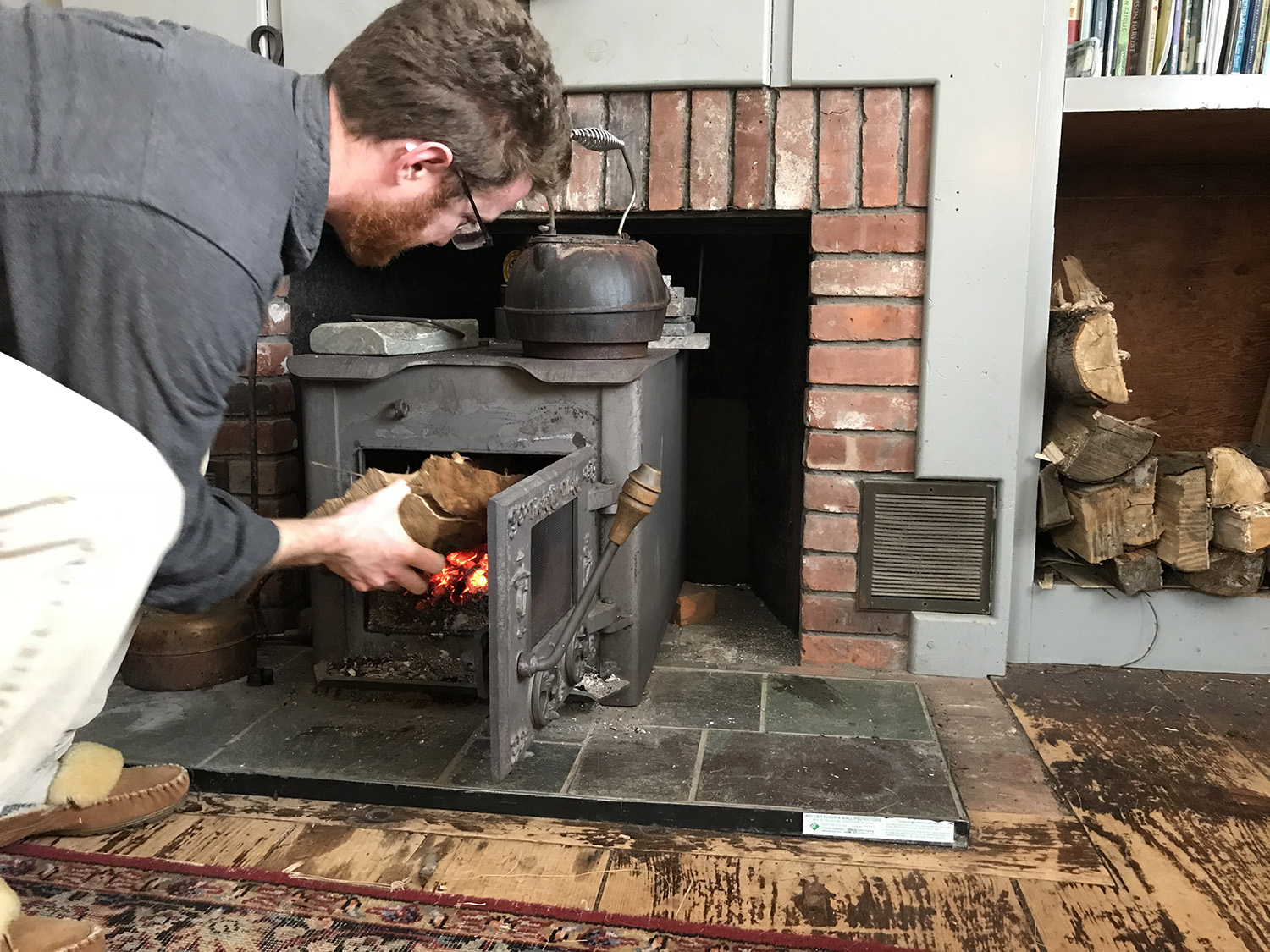Wood Heaters are a great option for indoor heating because they’re cheap to run and energy efficient. They also emit less carbon than oil and coal, which is good for the environment.
Gas heaters come in many different sizes to fit your home’s needs. Make sure to read the sizing charts for your climate zone and use them to select the right size for your space.
Energy Efficiency
Gas heaters are a common and reliable source of heat for homes and buildings. They work by using natural gas or liquid propane as their fuel, and are generally less expensive to operate than electric heaters.
When selecting a gas heater, you should consider its efficiency. This will help you make an informed decision about the heating power it will provide for your home or building.
High-efficiency gas furnaces convert heating energy more effectively into a comfortable level of warmth. Today’s best-in-class models can offer up to 98.5% AFUE efficiency, which helps reduce your utility bills and carbon emissions.
A new, higher efficiency furnace can pay for itself in savings on your energy bill within a few years. In addition, it should be more reliable and deliver greater comfort-enhancing features than your older system.
Safety
Gas heaters can be dangerous if they are not maintained and serviced correctly. They can produce carbon monoxide and other harmful gases which can cause serious health problems for people who use them.
Whether you choose an open-flued or flueless gas heater it is vital that they are correctly installed, regularly serviced and have adequate ventilation. If you don’t have adequate ventilation, the combustion products could leak into a room and cause serious health problems.
The new Residential Tenancy Regulations 2021 require rental providers to arrange gas safety checks by a licensed or registered gasfitter every two years. This is an excellent back-up measure, but does not replace the need for regular servicing of gas heaters.
Durability
The durability of a heating system can significantly impact the operating costs. This is because a well-maintained machine will need less repairs and will be less likely to break down over time.
However, the durability of a heater is also affected by its design. For example, gas heaters have more complex designs than electric heaters which makes them more likely to break down and need maintenance.
Moreover, gas heaters use natural gas and release a lot of carbon monoxide into the air which is bad for the environment.
This is why regular maintenance of your gas heater is critical. It will help improve its efficiency and make it more durable, while ensuring that it does not pose any health risks to you or your family.
Reliability
Gas heaters aren’t just for the slacker set – they’re also an excellent way to keep your family or employees warm in a power outage. Using natural gas to heat your home or office is a no brainer, especially considering the cost of electricity these days. Besides, it’s a good way to help cut down on your carbon footprint. The best part is, you don’t have to pay a fortune for it. There’s nothing like a toasty abode on a cold night. The one drawback is the limited availability of the fuel in some areas, but this is easily remedied by simply moving to the next county. Using the right fuel can save you up to 60% of your energy bill on a monthly basis.
Cost
Gas Heaters are a great way to keep your home warm and comfortable in the winter. They are also more efficient and require less maintenance than electric heaters.
They are also more environmentally friendly than other heating systems because they use natural gas, which is much cleaner for the environment than oil. This fuel source is also cheaper than other fossil fuels, and it can help you save money over time by reducing your energy bills.
The cost of installing a gas furnace depends on the size of your home and what type you choose. You’ll also have to account for the cost of running a new line to your home.






Leave a Reply